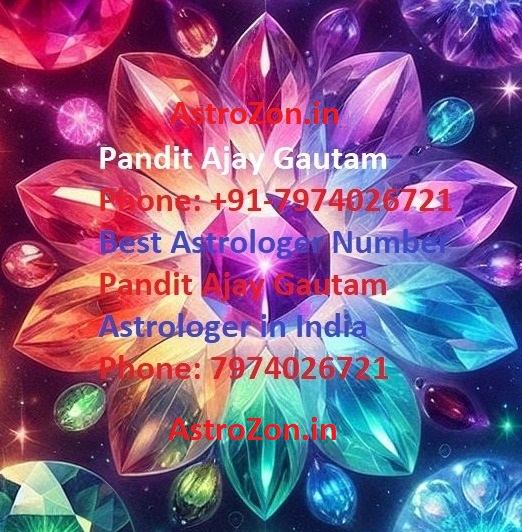Astrology Without Borders: The Universal Language of the Stars
From mountaintop observatories to city apartments lit by the glow of horoscope apps, people everywhere look to the stars for meaning. While astrology takes many forms around the globe, its heart remains the same: a belief that the heavens reflect something about us here on Earth. In this way, astrology becomes a universal language—spoken in many dialects, but understood everywhere.
1. A Shared Human Impulse
Long before modern astronomy, early civilizations tracked the movement of the Sun, Moon, and planets. These patterns became guides for farming, navigation, and storytelling.
Whether in the ziggurats of Babylon, the temples of India, or the courts of the Chinese emperors, astrology was both science and art—part calendar, part cosmic philosophy.
2. Many Traditions, One Sky
Western Astrology — Born from Babylonian and Greco-Roman traditions, using a 12-sign tropical zodiac tied to the seasons. Focuses on personality, life themes, and planetary transits.
Vedic Astrology (Jyotish) — Developed in ancient India, using the sidereal zodiac and lunar mansions (nakshatras). Deeply tied to karma, timing, and spiritual purpose.
Chinese Astrology — Works on a 12-year animal cycle paired with five elements, rooted in the lunar calendar. Used for personality analysis, compatibility, and auspicious dates.
Mayan Astrology — Draws on the Tzolk’in ritual calendar and solar Haab’, aligning human life with sacred time.
Despite their differences, each tradition connects celestial movement with human experience.
3. The Universal Vocabulary of the Stars
Across cultures, certain patterns emerge:
-
Cycles — Seasons, lunar phases, and planetary returns shape time.
-
Elements — Earth, air, fire, and water—or their cultural equivalents—symbolize personality and energy.
-
Symbols & Archetypes — Animals, gods, and mythical figures embody cosmic forces.
These shared motifs suggest a deep, cross-cultural instinct to find order in the sky.
4. Astrology in the Digital Age
Today, astrology crosses borders faster than ever. Apps combine Western and Chinese zodiac readings, Instagram feeds deliver daily affirmations by sign, and international astrologers collaborate via livestreams. The result is a global conversation about identity, relationships, and purpose—rooted in ancient traditions, yet alive in modern culture.
5. Why It Still Resonates
Even in an age of science and space exploration, astrology’s appeal endures because it offers:
-
Connection — Linking us to nature, the cosmos, and each other.
-
Story — Giving life events meaning within a bigger narrative.
-
Reflection — Encouraging personal insight and growth.
The constellations above us don’t change when we cross borders—but our interpretations do. In that diversity lies the beauty of astrology: a shared cosmic language, written in the same stars, yet spoken in countless ways.
